So many things seem to be impossible until they are started on. It looks tasking to work with people that the community overlook, the people that the community sees having no value, no future and therefore thinks cannot become useful or important to them in future. But I see different. I see it as important to challenge these views thrugh empowerment of the children.
Resilience itself has components like goal setting skills for example persistence, planning and resourcefulness. It also contains optimistic thinking, development of helpful thinking and so many others. Resilient people are try to be determined in all that they do, and find ways to overcome the hardships that they go through. They have a BOUNCE BACK attitude.
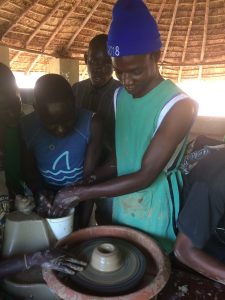
Bounce back means:
B– Bad times don’t last. Meaning that things can get better at any time.
O– Other people can help if you talk to them
U– Unhelpful thinking makes you feel upset
N – Nobody is perfect. Not you and not others
C – Concentrate on the positives, no matter how small, and use laughter.
E – Everybody experiences sadness, hurt, failure, rejection and setbacks sometimes, not just you. They are normal and part of life.
B– Blame fairly. How much of what happened was because of you, others or bad luck?
A – Accept what you can’t change and try to change what you can
C – Catastrophizing exaggerates your worries. Don’t believe the worst possible picture
K – Keep things in perspective. It’s one part of your life.
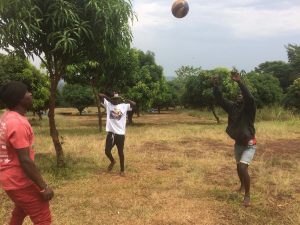 The importance of BOUNCE BACK is to teach these children, whom society thinks are hopeless, to recognise their strength. To develop strategies and become strong enough to withstand the hard and harsh conditions that they go through. They also learn to be patient with a forgiving mind and focus on a life full of hope. The emphasis is that no condition is permanent, which helps them understand that they will be useful to the world and will enjoy their life.
The importance of BOUNCE BACK is to teach these children, whom society thinks are hopeless, to recognise their strength. To develop strategies and become strong enough to withstand the hard and harsh conditions that they go through. They also learn to be patient with a forgiving mind and focus on a life full of hope. The emphasis is that no condition is permanent, which helps them understand that they will be useful to the world and will enjoy their life.
SALVE International is an organisation that works with the children who live on the streets of Jinja town in Uganda. These children go to the streets because of the harsh conditions that they experience at home, deciding to look for rescue on streets. It’s not right to leave home and come to the streets, since the streets also put them at risk of trauma, but the problem is that they think they have no other solution. It’s the responsibility of the community to make sure that good conditions are there at home to make sure that children are brought up well and can be meaningful in society.
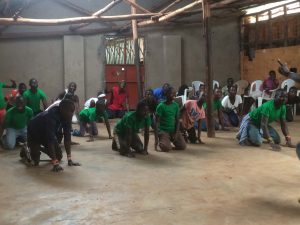 SALVE International has played a big role in helping these children reocignise thy are resilient enough to withstand the hard conditions that they go through. They are taught different skills and different activities that can help them both now and in future. SALVE International work with other responsible groups like the police, and other charity organisations, as well as the parents of these children and other community members to help them to provide appropriate support.
SALVE International has played a big role in helping these children reocignise thy are resilient enough to withstand the hard conditions that they go through. They are taught different skills and different activities that can help them both now and in future. SALVE International work with other responsible groups like the police, and other charity organisations, as well as the parents of these children and other community members to help them to provide appropriate support.
Some of the skills taught to them through our resilience programme have are music, dance, sport, art and drama. This is because such skills can help them build their talents, teamwork, find support in other community members and feel more self confident.

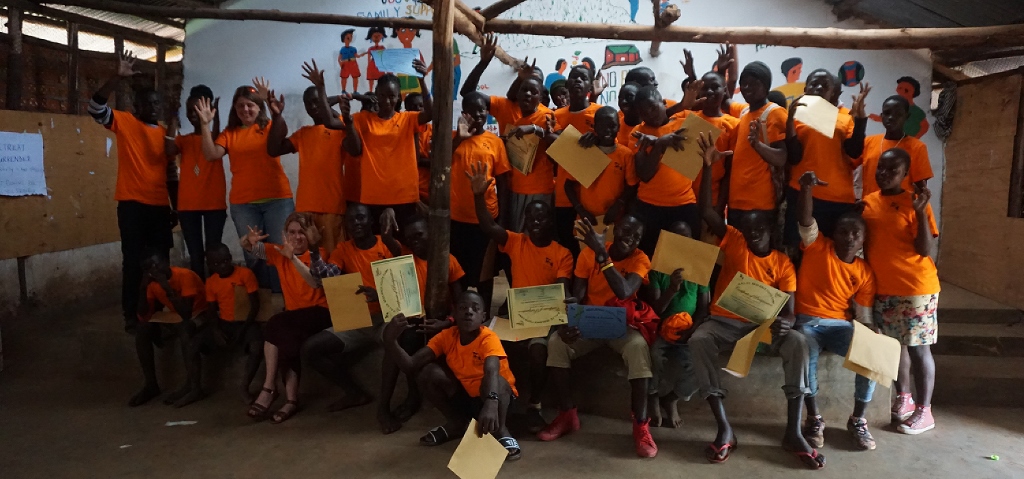

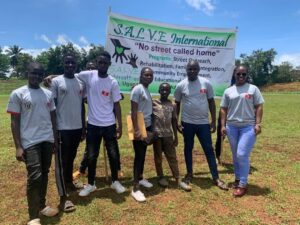
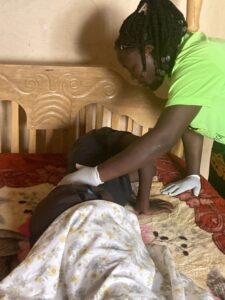
0 Comments